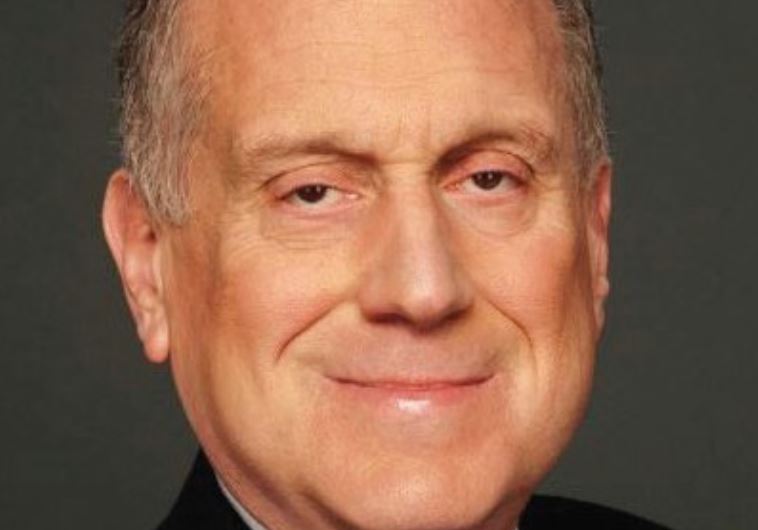GRAPEVINE: Laurels for Lauder
There are many outstanding philanthropists who have given much to Israel and to their hometown communities, both Jewish and non-Jewish.
 World Jewish Congress president Ronald Lauder has accrued precious little reward.Updated:
World Jewish Congress president Ronald Lauder has accrued precious little reward.Updated: